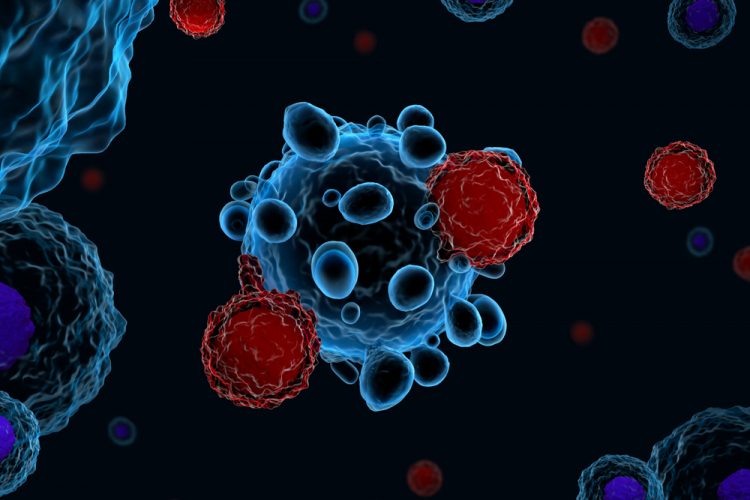Treg cells could be answer to multiple sclerosis treatments, say scientists
Posted: 21 July 2021 | Anna Begley (Drug Target Review) | No comments yet
New research has shown that the protein Piezo 1 prevented Treg cells from controlling the effects of inflammation in a multiple sclerosis mouse model.


A research team at the University of California Irvine (UCI), US, have found that the protein Piezo 1 prevented regulatory T cells (Tregs) from effectively doing their job in controlling the damaging effects of inflammation in a model of multiple sclerosis (MS). Piezo 1 is a specialised protein called an ion channel and plays an important role in immunity and T-cell function related to autoimmune neuroinflammatory disorders.
“We found that Piezo 1 selectively restrains Treg cells, limiting their potential to mitigate autoimmune neuroinflammation,” commented Michael Cahalan at UCI School of Medicine. “Genetically deleting Piezo 1 in transgenic mice resulted in an expanded pool of Treg cells which were more capable of effectively reducing neuroinflammation and with it the severity of the disease.”
T cells rely on specialised proteins, such as Piezo 1, to detect and respond to various diseases and conditions including bacterial infections, wound healing and cancer. However, uncontrolled T cell activity can lead to autoimmune disorders such as MS.
“Given the demonstrated ability of Piezo 1 to restrain Treg cells, we believe that inhibiting Piezo 1 could lead to new treatments for neuroinflammatory disorders, like MS,” explained researchers Amit Jairaman and Shivashankar Othy.
Piezo 1 conducts ions when cells are subjected to mechanical forces. Previous research has highlighted Piezo’s role in regulating vital physiological functions including red blood cells (RBC) volume, blood pressure, vascular development, bone formation and differentiation of neural stem cells. Yet its role in modulating immune response was not fully discovered. Moreover, while it was known that calcium conducting ion channels such as Piezo 1 direct various aspects of T-cell function, the researchers were surprised to find that Piezo 1 was not essential for a whole host of T-cell functions that rely on calcium.
“We found the role of Piezo 1 appears to be quite specific to Tregs. Therefore, targeting Piezo 1 might be a new and ideal strategy to cure MS while preserving the immune system’s ability to fight new infections,” added Othy.
The team say that further investigation of the function of Piezo 1 is needed to understand therapeutic potential and to fully understand the processes through which cells sense and respond to mechanical stimuli during immune responses.
The study was published in Science Advances.
Related topics
Disease research, Immunotherapy, In Vivo, Molecular Targets, Protein, Protein Expression, Research & Development, Stem Cells, t-cells, Therapeutics
Related conditions
Multiple Sclerosis (MS)
Related organisations
University of California Irvine (UCI)
Related people
Amit Jairaman, Dr Shivashankar Othy, Professor Michael Cahalan


